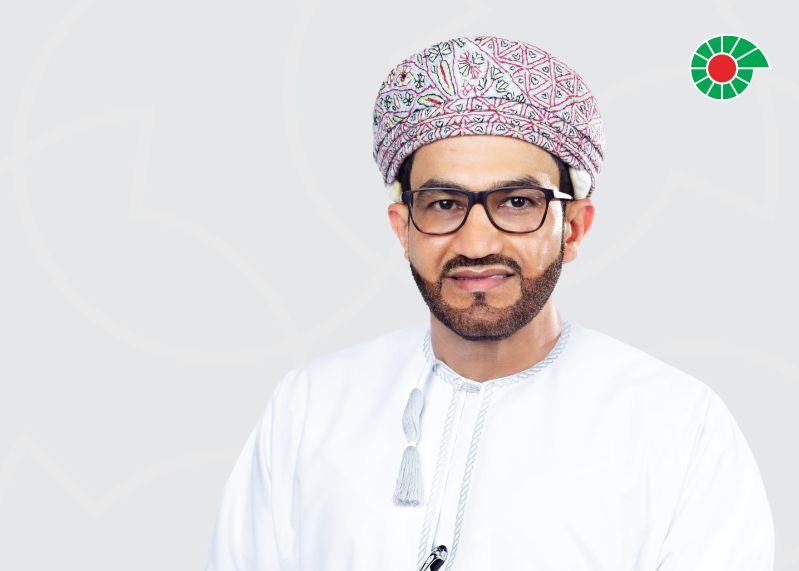
Lehman Brothers’ chairman and chief executive officer (CEO) Dick Fuld visited Dubai in May 2007. At a media briefing, the conversation turned to global economic affairs. Fuld appeared confident. He dismissed the suggestion that the developing sub-prime crisis would be a problem and suggested that terrorism was a bigger threat.
Fuld could hardly have been more mistaken, but it would be wrong to mock. Every major financial institution underestimated the consequences of the credit crunch which began just over a year ago this month.
Unlike most CEOs of banks that have lost a fortune, Fuld has paid a mind-boggling price. The value of his personal holding in Lehman Brothers shares fell by no less than $600m between 1 January and 12 September. Lehman Brothers shares dropped by 94 per cent in that period. It is estimated that the value of the bank’s stock held by its employees has been slashed by more than $10bn.
Exceptional measures
More of the bad news about the credit crunch is now public, but the consequences are yet to be fully addressed. In Washington, the US Treasury Secretary Henry Paulson, himself an extremely wealthy investment banker, announced on 7 September that the US’ two principal housing finance institutions were to be taken into government ownership.
This was described as an exceptional measure, but more bank failures may prompt further federal intervention to save the jobs and savings of millions of US voters in a US presidential election year.
The self-made catastrophe that is enveloping the US banking system is finding echoes in every sector. Facing the double jeopardy of higher energy prices and possible unemployment, consumers will sensibly stop spending.
The most vulnerable industries are those that depend on people feeling good. Travel and leisure are already feeling the effect, but no industry and no region will be immune. And it is imprudent to believe the slowdown will pass in less than five years.
In the search of a way out, banks and other businesses are looking to the Gulf for a helping hand. This was forthcoming most visibly at the end of 2007 when the Abu Dhabi Investment Authority (ADIA) and the Kuwait Investment Authority (KIA) agreed to contribute to a capital call by Citibank.
Smaller deals have been done since then that have involved Gulf institutional investors providing money or buying distressed assets. Even the decision of an Abu Dhabi investment group to buy Manchester City Football Club might be classed as a Gulf contribution to the stuttering UK economy.
Gulf appetite fading
But there is bad news for those hoping for a large Gulf hand-out. There are at least two reasons why the appetite for Western investments is fading. The first is the poor performance of their existing portfolio of US assets. It is estimated that Gulf sovereign wealth funds with investments in Western equities have lost at least 10 per cent since the start of the year. Gulf investors are not easily fooled. Propping up banks that have wasted their depositors’ money won’t be a priority.
Nevertheless, it is likely that Gulf investors will increase their engagement in US and other Western finance markets. In some cases, this will take the form of controlling or majority stakes in private and public firms.
Even minority positions will entail a larger burden of responsibility since Gulf investors will be considered to be a ready source of liquidity.
This is not a costless opportunity. In finance, as in energy, Gulf countries are destined to play a wider and more nuanced role than they previously did in the affairs of distant nations. The credit crunch and its consequences have reminded them of the risks this entails. If they are to avoid Fuld’s fate, they will need to learn from Fuld’s errors.
You might also like...

Microsoft invests $1.5bn in Abu Dhabi's G42
16 April 2024

Roshn and Dar Al Arkan sign Sedra deal
16 April 2024

Summit opens with promise to keep Cop28 commitment
16 April 2024

PDO gets first Omani managing director
16 April 2024
A MEED Subscription...
Subscribe or upgrade your current MEED.com package to support your strategic planning with the MENA region’s best source of business information. Proceed to our online shop below to find out more about the features in each package.








